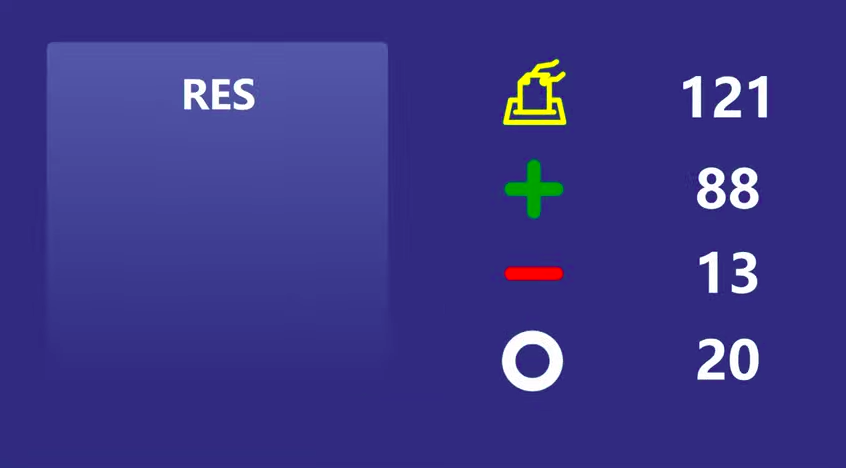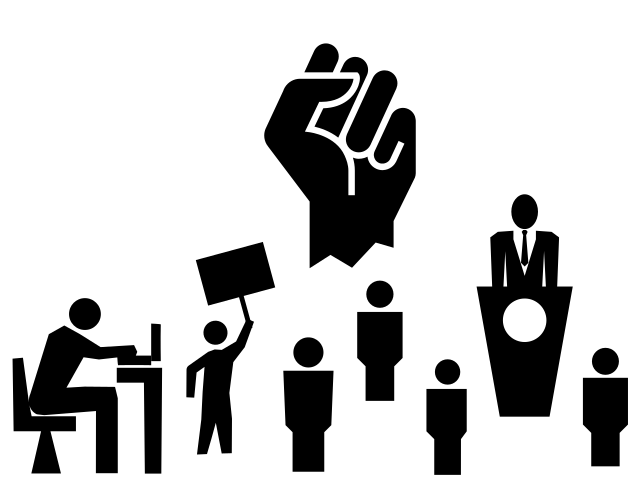
Assange pleads guilty to journalism. - The Parliamentary Assembly of the Council of Europe has formally approved a resolution acknowledging the persecution of Julian Assange, and declares that he was a political prisoner.
On Tuesday, 1 October, the Committee on Legal Affairs and Human Rights of the Parliamentary Assembly of the Council of Europe (PACE) invited Julian Assange to give evidence in Strasbourg. It was his first public appearance since his release from the British maximum security prison Belmarsh on June 24th 2024.
After opening remarks by Chairperson Lord Richard Keen and Ms. Sunna Ævarsdóttir, Mr. Assange spoke for about twenty minutes and then answered questions from the Committee and Assembly members for almost an hour. In his response to questions from the Committee, Mr. Assange said:
“Sometimes there is a debate about whether someone is a journalist or an activist. I understand that debate. I have tried, in my work, to be rigorously accurate. I believe accuracy is everything; primary sources are everything. But there is one area where I am an activist, and all journalists must be activists. Journalists must be activists for the truth. Journalists must be activists for the ability to convey the truth, and that means standing up for each other, and making no apologies about it.”
The video from the hearing of the Committee is online via the website for the Council of Europe. The statement from Mr. Assange is available on our site as a PDF.
On Wednesday, 2 October, the report of the Committee (available here as a PDF) was discussed during the morning plenary debate, along with some amendments. Ultimately, the resolution was adopted with 88 votes in favor, 13 against and 20 abstentions. The video of the plenary debate supplements the adopted report and resolution with statements from representatives of the member states.
The Wau Holland Foundation (WHS) financed the lawyers’ preparatory work, as well as the travel of Assange and his team to Strasbourg and provided logistical support on-site. Since 2009, the WHS has collected donations for Wikileaks and supported specific aspects of selected publications of the Wikileaks project. Since 2019 the foundation has collected donations for the legal defence of Julian Assange.
We welcome and agree with Ms. Ævarsdóttir’s conclusion – and have from the beginning – that the prosecution of Mr. Assange would have a chilling effect not only on public-interest investigative journalism but the foundations of the freedom of information itself. The Foundation will continue to campaign for freedom of the press and information worldwide and support projects in these areas.
